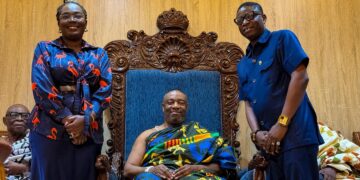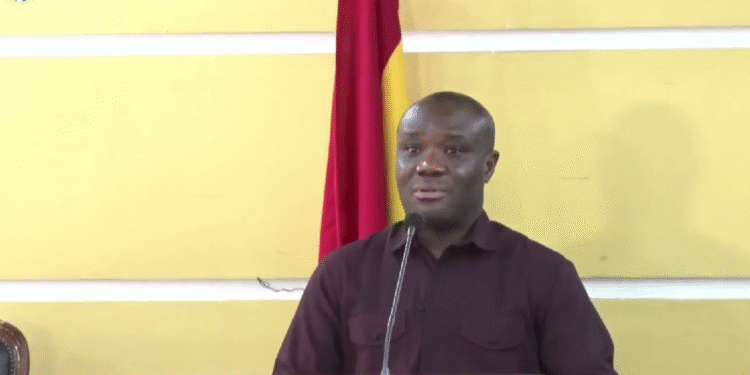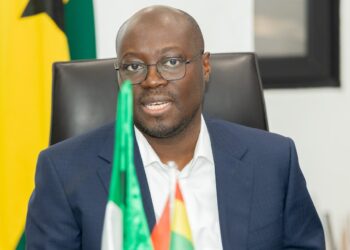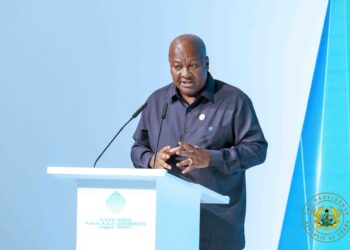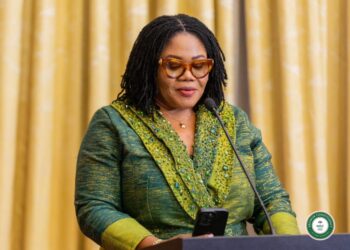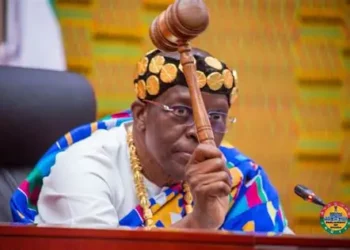The government has rejected claims by suspended Chief Justice, Justice Gertrude Sackey Torkornoo, that her removal process is being driven by political motives.
This comes after Justice Torkornoo, at a press conference on Wednesday, June 25, raised concerns over what she described as an unfair, unconstitutional, and politically orchestrated attempt to remove her from office.
According to her, the removal process against her is unlawful and politically staged, but she maintained that she will not resign out of fear.
Minister for Government Communications, Felix Kwakye Ofosu, addressing the media shortly after the Chief Justice’s press conference, dismissed the accusations, saying the government is only following constitutional procedures laid out for such matters.
According to him, the process is being conducted strictly within the framework of Article 146 of the 1992 Constitution, which provides for the removal of judges and other public officials when necessary.
“Her Ladyship the Chief Justice all but insinuated that there was some political agenda at play to oust her and that this process is a result of the same. Let me place on record, without fear or contradiction, and let me be clear that no such political agenda exists,” Mr. Ofosu stated.
He further described attempts to link the process to the President or the government as unfounded and unacceptable.
“So, any claim, any inference, any imputation of a political motive to the president in respect of these processes are unfounded, they are false and cannot be allowed to stand and I wish to place that on record. As yet, absolutely no evidence of sin has been furnished in any way, shape or form and therefore I am minded to strongly reject that effort.”
These concerns surfaced shortly after the Supreme Court struck out a supplementary affidavit she had filed to support an injunction application aimed at halting the removal process.
In that affidavit, she described the treatment she had received as degrading and part of an unjust political scheme to oust her.
But the Supreme Court disagreed, siding with Deputy Attorney General, Justice Srem Sai, who argued that the affidavit contained confidential details about the committee’s deliberations — a clear violation of the constitutional requirement for such proceedings to be private.
Despite protests from her lawyer, former Attorney General Godfred Yeboah Dame, the court ruled that the confidentiality breach could not be overlooked, leading to the affidavit being struck out.
The government maintains that, contrary to the Chief Justice’s claims, the process is being handled within the confines of the law, with no hidden political agenda at play.

